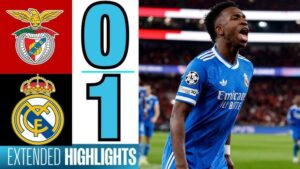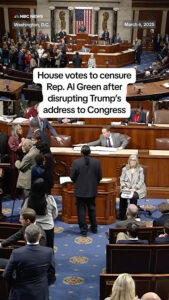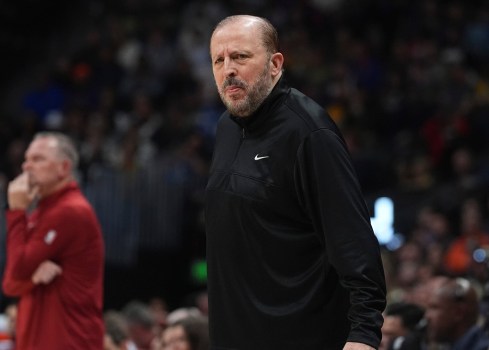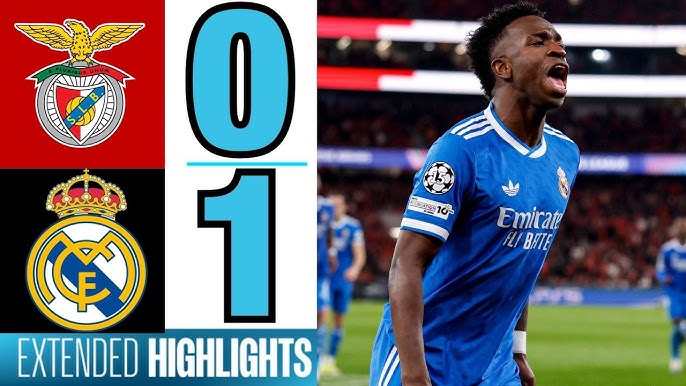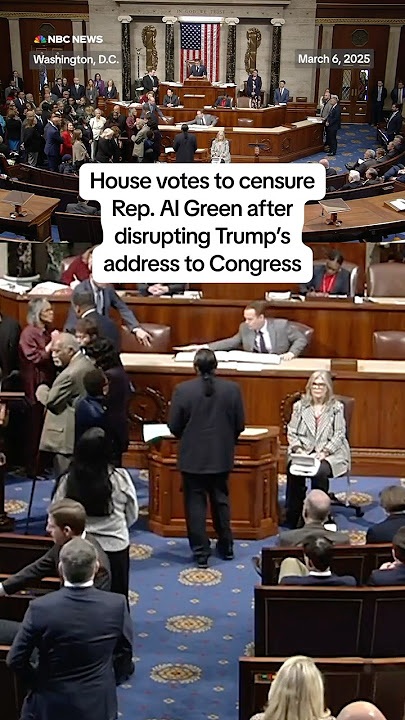Tom Thibodeau: A Deep Dive into His Impact on NBA Coaching and Mike Malone’s Firing
As the NBA season unfolds, conversations around coaching strategies and team performance have gained heightened focus, particularly with recent events surrounding notable coaches like Mike Malone. In this blog post, we explore the intricacies of coaching in the NBA, specifically through the lens of Tom Thibodeau’s methods and philosophy. Thibodeau, the current head coach of the New York Knicks, is known for his defensive prowess and ability to resonate with players, leading teams to success in high-pressure environments.
Understanding Tom Thibodeau’s Coaching Philosophy
Tom Thibodeau has long been a figure of discussion among basketball enthusiasts and professionals alike. His reputation as a tough, no-nonsense coach stems from his extensive experience in the NBA and college basketball. Thibodeau’s coaching principles revolve around a few core ideas: defensive excellence, player development, and strategic adaptability.
At the core of his philosophy is a commitment to defense. As seen with his previous teams, Thibodeau’s coaching emphasizes a tenacious defense which he believes is foundational to winning games. This approach requires players to not only be physically prepared but mentally engaged throughout the game. His teams often utilize a relentless style that pressures opponents, creating turnovers and capitalizing on offensive opportunities.
The Rise of Tom Thibodeau
Thibodeau’s career took off during his tenure with the Boston Celtics, where he served as an assistant coach under Doc Rivers. There, he developed a reputation for his defensive schemes, which helped propel the Celtics to an NBA championship in 2008. His success in Boston ultimately paved the way for his head coaching opportunity with the Chicago Bulls.
During his time with the Bulls, Thibodeau transformed the franchise. He led the team to multiple playoff appearances and consistently delivered a competitive edge despite the challenges of injuries to key players, including Derrick Rose. His meticulous focus on detail and work ethic earned him the NBA Coach of the Year award in 2011, further solidifying his status in the league.
Comparing Coaching Styles: Tom Thibodeau vs. Mike Malone
Mike Malone, recently fired by the Denver Nuggets, provided a different style of coaching compared to Thibodeau’s. While both coaches value defense, Malone is known for his willingness to embrace a more fluid offensive strategy, often prioritizing player freedom and creativity on the court. His success includes leading the Nuggets to the playoffs and developing young talents like Jamal Murray and Nikola Jokic into All-Stars.
The stark difference in their coaching styles has sparked discussions about the future of coaching in the NBA. The league is increasingly recognizing the need for adaptability in coaching methods, particularly as teams become more reliant on analytics and diverse playing styles. In this context, Thibodeau’s rigid defensive approach faces scrutiny as teams like the Nuggets cultivate free-flowing offenses.
Implications of Mike Malone’s Firing
Mike Malone’s exit from the Nuggets raises critical questions about job security and expectations for coaches in today’s NBA. With teams often looking for immediate results, coaches face immense pressure to perform, sometimes leading to swift decisions based on short-term outcomes. The firing also highlights the broader trend within the league towards prioritizing offensive dynamism.
Experts speculate on what this means for coaches like Thibodeau, who are viewed as more traditional in their approach. As teams shift their focus to modern offense, the effectiveness and longevity of Thibodeau’s methodology may be tested. The realization that flexibility may be key could foster a new approach for coaches adjusting their philosophies if they wish to remain competitive.
The Future of Coaching in the NBA
As we analyze the future of NBA coaching, the balance between defensive discipline and offensive creativity emerges as a vital theme. Thibodeau’s commitment to a strong defensive strategy is undoubtable, but the evolution of the game necessitates a willingness to adjust tactics. The question remains: can traditional coaches adapt to the ever-changing landscape?
Innovation in coaching is more critical than ever as styles of play continue to evolve. For Thibodeau, thriving in this environment could mean reassessing his tactics, especially if the Knicks aspire to ascend in the eastern conference hierarchy while remaining true to their defensive roots.
The recent developments surrounding coaches like Malone and Thibodeau serve as a reminder of the competitive nature of the NBA. While coaching philosophies differ vastly, the ultimate goal remains the same: leading the team to success and navigating the pressures unique to a playoff-centric environment.
Conclusion
The conversations surrounding Tom Thibodeau and the firing of Mike Malone reflect larger trends within the NBA coaching landscape—balancing traditional methods with modern advancements in player performance and strategies. As the league continues to evolve, so must the coaches within it. Only time will tell how these dynamics impact the futures of coaches and teams alike.


